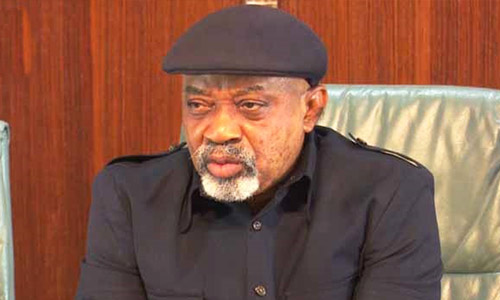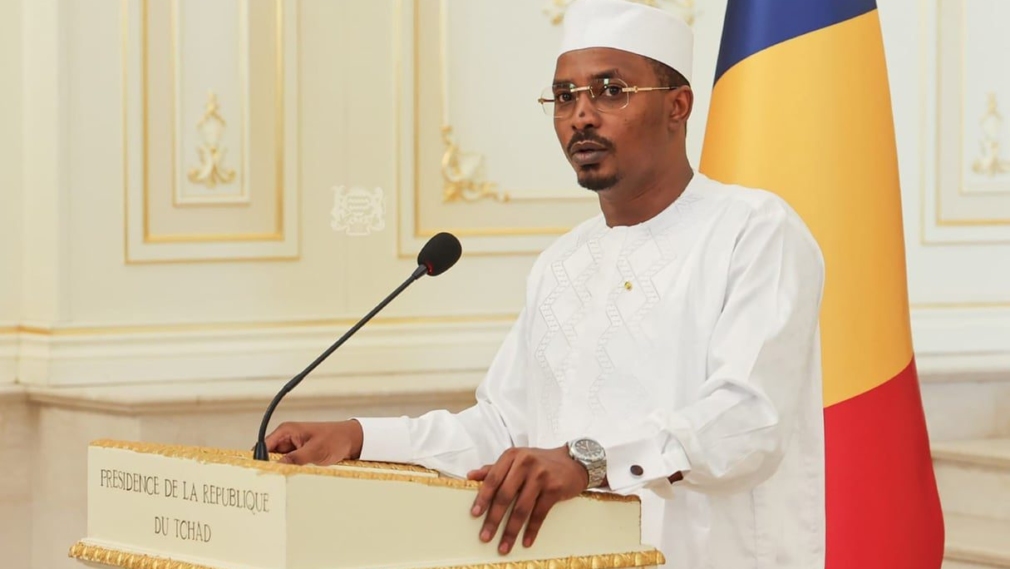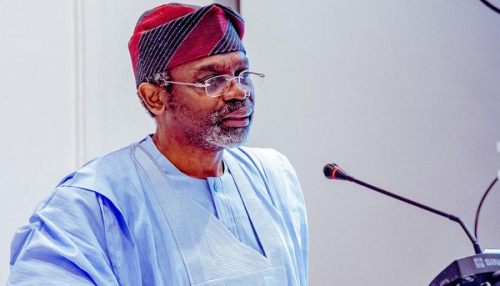THE EXECUTIVE 25/05/2022
FG Approves N34bn Minimum Wage Adjustment Arrears For Varsity Workers, Others

The federal government yesterday said it would spend about N34 billion on the ongoing payment of minimum wage consequential adjustments to education sector workers with effect from 2019.
The beneficiaries include the members of the striking Academic Staff Union of Universities (ASUU) and their counterparts in the polytechnics and Colleges of Education.
The Minister of Labour and Employment, Senator Chris Ngige, disclosed this while responding to questions from labour correspondents in Abuja, on efforts to end the prolonged ASUU strike.
According to Ngige, the universities would get N23.5 billion, the polytechnics N6 billion and Colleges of Education are to get N4 billion, totalling about N34 billion.
When asked to give update on the engagement with ASUU and other university workers who are currently on industrial action, the Minister said the committees set up during the last tripartite plus meeting of the government and university based unions were given a fortnight to turn in their report and were still working.
He said reports of the committees were being expected this weekend.
“Those committees are working. The one on NITDA is testing the three platforms, the government’s Integrated Personnel and Payroll Information System (IPPIS), the University Transparency Accountability Solution (UTAS) of ASUU and the Universities Peculiar Personnel Payroll System (UPPPS) of the non-teaching staff.
“They started the testing last Thursday. The National Salaries, Wages and Incomes Commission (NSWIC) has issued their amendment circulars. The unions also have copies to take care of responsibility and hazard allowances wherever it has not been properly captured.”
Ngige also hinted that there may be wage adjustments as the government intensifies efforts to streamline wages through the National Salaries, Incomes and Wages Commission.
“We have done police for example. It wasn’t envisaged that we should do it in pockets. But you can see that police have been done. You can also see university teachers saying that their own should be done immediately, since we have done police. So, something is being done.
“It was part of the 2009 negotiation they had with the government then. So, the committee of Prof. Briggs is on it, discussing with the university unions and their employer, the Federal Ministry of Education. They will bring up something for government to see.
“There are other people. The doctors are complaining about brain drain, this and that. Their hazard allowance has to be touched and it was touched by close to 300 per cent.
“From N5000 paid across board for each person, the least person in the health sector is getting N15000 while the big ones are getting N45000. So, that is the quantum leap.”
Ngige appealed to ASUU and other university-based unions once more to suspend their strike so that academic activities could resume once again in public universities across the country.
Meanwhile, Ngige yesterday said the federal government was considering measures to bring salary and wage earnings of the personnel in both civil service and parastatals at par with their productivity.
He said the renewed emphasis on promoting productivity was based on its impact on the economy of the country.
According to the minister, part of the strategies to tackle the current economic challenges in the country is to improve on productivity of the workforce.
Ngige who spoke at the opening of the annual Productivity Summit organised by the National Productivity Centre (NPC), said the country was benefiting from the hard work of Nigerians in diaspora, adding that the inflow of their remittances was helping the economy.
Ngige said productivity also goes with the fixing of emolument
“Some people are working in the civil service of the country and others in the public sector, like the parastatals, NNPC, CBN and FIRS and then some people ask why are some workers are earning more salaries than others.
“I want say that the federal government recognises this, a situation where there is a big disparity in the salaries of some in the Civil service or public service and there is this disparity in their pay, does not call for cheers.
“So one of the assignments that NPC is carrying out now is a very big assignment because it is working in collaboration with relevant agencies to give us the relativity in terms of how we can harmonize or bridge the gap in the salaries of most public sector workers in Nigeria,” he said.
According to Ngige, most of industrial disputes, “that we see in the country today were manifestations of wage disparity, whereby someone in the parastatals will be earning a lot more than his counterpart in the civil service with similar qualification.”
The Director General of the Productivity Centre, Kashim Akor, said the summit was crucial to the country at this period because it brought together critical stakeholders in the productivity movement to brainstorm and fashion out specific solutions to the challenges militating against growth and improvement of the economy.



